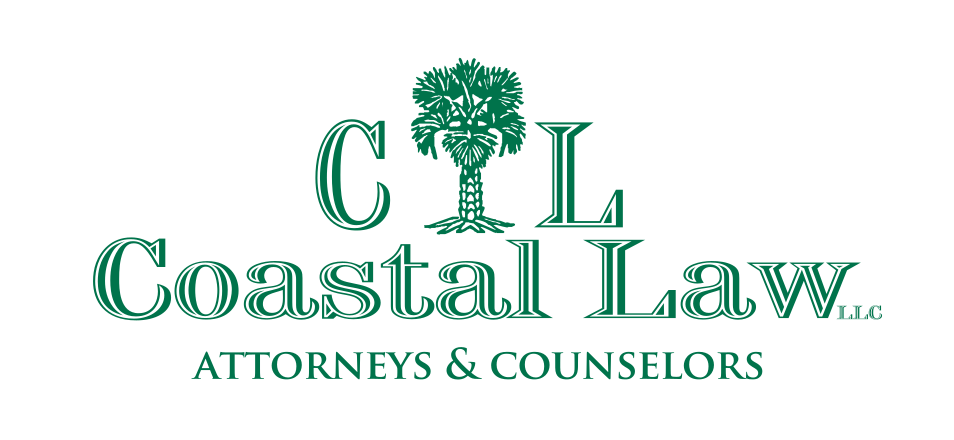Although many police officers “didn’t get the memo,” the Fourth Amendment applies to a motel or hotel room just as it applies to a person’s home. Unless there is a valid exception to the warrant requirement, police must have a search warrant before they can enter a person’s residence even if that residence is temporary…
When Can Myrtle Beach Police Search My Motel Room?
South Carolina and federal caselaw have consistently said that police cannot enter a motel room or other temporary lodging with the consent of a motel employee. Just as police cannot enter a home that you rent based on the permission of the homeowner, they must obtain a search warrant based on probable cause or there must be a valid exception to the Fourth Amendment’s warrant requirement.
The U.S. Supreme Court has held that “a guest in a hotel room is entitled to constitutional protection against unreasonable searches and seizures. That protection would disappear if it were left to the unfettered discretion of an employee of the hotel.” Stoner v. California, 376 U.S. 483 (1964).
In United States v. Jeffers, 342 U.S. 48 (1951), the U.S. Supreme Court excluded evidence that officers obtained by entering a defendant’s aunt’s hotel room without consent and without a warrant.
The S.C. Supreme Court has also recognized that “a hotel manager may not effectively consent to a search of a guest’s room” and “a landlord may not validly consent to a search of a tenant’s room.” State v. Moultrie, 271 S.C. 526 (1978).
Police can enter a hotel room to arrest a person when they have a valid arrest warrant, State v. Sims, 304 S.C. 409 (1991), or in some cases when there are “exceptional circumstances,” Jeffers, 342 U.S. at 52. Police can also search incident to arrest when the search is “substantially contemporaneous with the arrest and is confined to the immediate vicinity of the arrest.” State v. Freiburger, 366 S.C. 125 (2005).
The analysis may change, however, if the motel management is evicting the person for good cause while the police are present…
Can Police Search My Tent Without a Warrant?
Myrtle Beach’s homeless sometimes live in tent cities in the downtown area. These tent cities are periodically raided and the residents evicted by local police. Does a homeless person have a privacy interest in the contents of their tent?
I’m not aware of any S.C. caselaw directly on point, but other jurisdictions have decided this very question.
For example, Washington State’s Court of Appeals affirmed last week that there is a privacy interest in a person’s tent that is protected by the Fourth Amendment. Police were in the process of evicting homeless individuals from a tent city in downtown Vancouver. They “knocked” on the defendant’s tent and, when he did not immediately open the door, they opened the tent, looked inside, and arrested the defendant for a quantity of meth that was in plain view.
The Washington Court held that the defendant had a protected privacy interest in his belongings, noting that courts have historically given privacy protections to homeless persons living in makeshift shelters. The Court quotes a 1763 speech given in England’s Parliament by William Pitt, Earl of Chatham:
The poorest man may in his cottage bid defiance to all the forces of the Crown. It may be frail; its roof may shake; the wind may blow through it; the storm may enter; the rain may enter; but the King of England cannot enter—all his force dares not cross the threshold of the ruined tenement!
The Washington Court’s opinion is based in part on the Washington State Constitution’s right to privacy. South Carolina also has a constitutional right to privacy that provides additional protection beyond that provided by the Fourth Amendment.
Article One Section 10 of South Carolina’s Constitution tracks the language of the Fourth Amendment but adds the additional language that the people will be protected against “unreasonable invasions of privacy:”
The right of the people to be secure in their persons, houses, papers, and effects against unreasonable searches and seizures and unreasonable invasions of privacy shall not be violated, and no warrants shall issue but upon probable cause, supported by oath or affirmation, and particularly describing the place to be searched, the person or thing to be seized, and the information to be obtained.
Did Myrtle Beach Police Search Your Hotel Room or Tent?
If they did not have a warrant and if a Fourth Amendment exception does not apply, any evidence that they took may be suppressed at your trial. Your criminal defense lawyer at Coastal Law, LLC, will investigate your case, find the constitutional violations, and get your case dismissed whenever possible.
Contact a Myrtle Beach criminal defense lawyer at Coastal Law, LLC, today at (843) 488-5000 to set up a free consultation or complete our online form.

